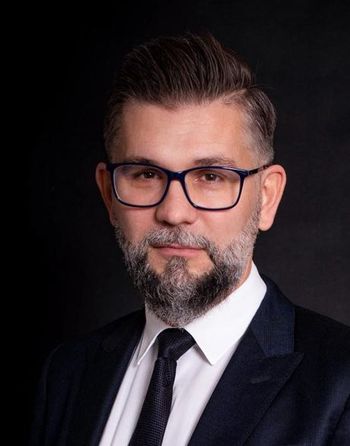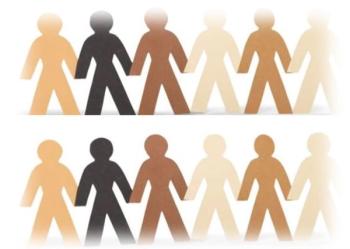
Younger Stroke Survivors Get Worse Care
BIRMINGHAM, Ala. -- Patients who have a stroke at a relatively young age are less likely to have access to a doctor's care than older patients and to be able to afford prescription medications, according to researchers here.
BIRMINGHAM, Ala., Nov. 13 -- Patients who have a stroke at a relatively young age are less likely to have access to a doctor's care medications than older patients and to be able to afford prescription, according to researchers here.
The lack of access may mean many stroke survivors aren't getting adequate guidance to modify risk factors, which may render them vulnerable to recurrent events, said Deborah Levine, M.D., of the University of Alabama at Birmingham.
What remains unclear is the extent to which this "younger high-risk population has adverse outcomes, such as death and cardiovascular events, or has increased long-term health care utilization," Dr. Levine and colleagues said added.
A key factor in the disparity is that younger people, 45 to 64 years old, are less likely to have health insurance, Dr. Levine and colleagues reported in the online issue of Archives of Neurology.
"These results suggest that younger stroke survivors are more likely to have inadequate access to physicians, medications, and possibly secondary stroke prevention, the researchers said.
The study is based on data from the National Health Interview Surveys from 1998 to 2002. Dr. Levine and colleagues identified 3,681 stroke survivors ages 45 years and older among 159,985 survey respondents. Of those, 1,172 were younger than 65.
The younger patients were more significantly likely to be male, black and lack health insurance, the researchers found, compared with those 65 and over.
After adjusting for sex, race, income, neurological disability, health status, and comorbidity, analysis showed younger age was independently associated with:
- No general doctor visit: the odds ratio was 1.40, with a 95% confidence interval from 1.04 to 1.88.
- No general doctor or medical specialist visit: the odds ratio was 1.69, with a 95% confidence interval from 1.14 to 2.52.
- The inability to afford medications: the odds ratio was 2.94, with a 95% confidence interval from 2.19 to 3.94.
When the researchers adjusted for health insurance, younger age remained independently associated with the inability to afford medications but not the lack of physician visits, Dr. Levine and colleagues reported.
What causes the lack of access to drugs isn't clear, Dr. Levine and colleagues said, although it may be competing household costs or lack of prescription drug insurance, neither of which was addressed by the health surveys.
The researchers said the study is observational, meaning that there's no way to assign a cause to any of the findings. They also noted that, because of the design, residual confounding may exist and other biases may creep in because the data is based on patient self-reports.
The findings are important, however, because they imply an avoidable burden on the health care system, the researchers said. "The potential costs of reduced access to health care among younger stroke survivors are substantial," they said.
Possible solutions include expanding health insurance -- perhaps by immediate Medicare insurance to uninsured patients with stroke regardless of age -- and creating affordable prescription drug insurance programs, they concluded.
Newsletter
Enhance your clinical practice with the Patient Care newsletter, offering the latest evidence-based guidelines, diagnostic insights, and treatment strategies for primary care physicians.
































































































































